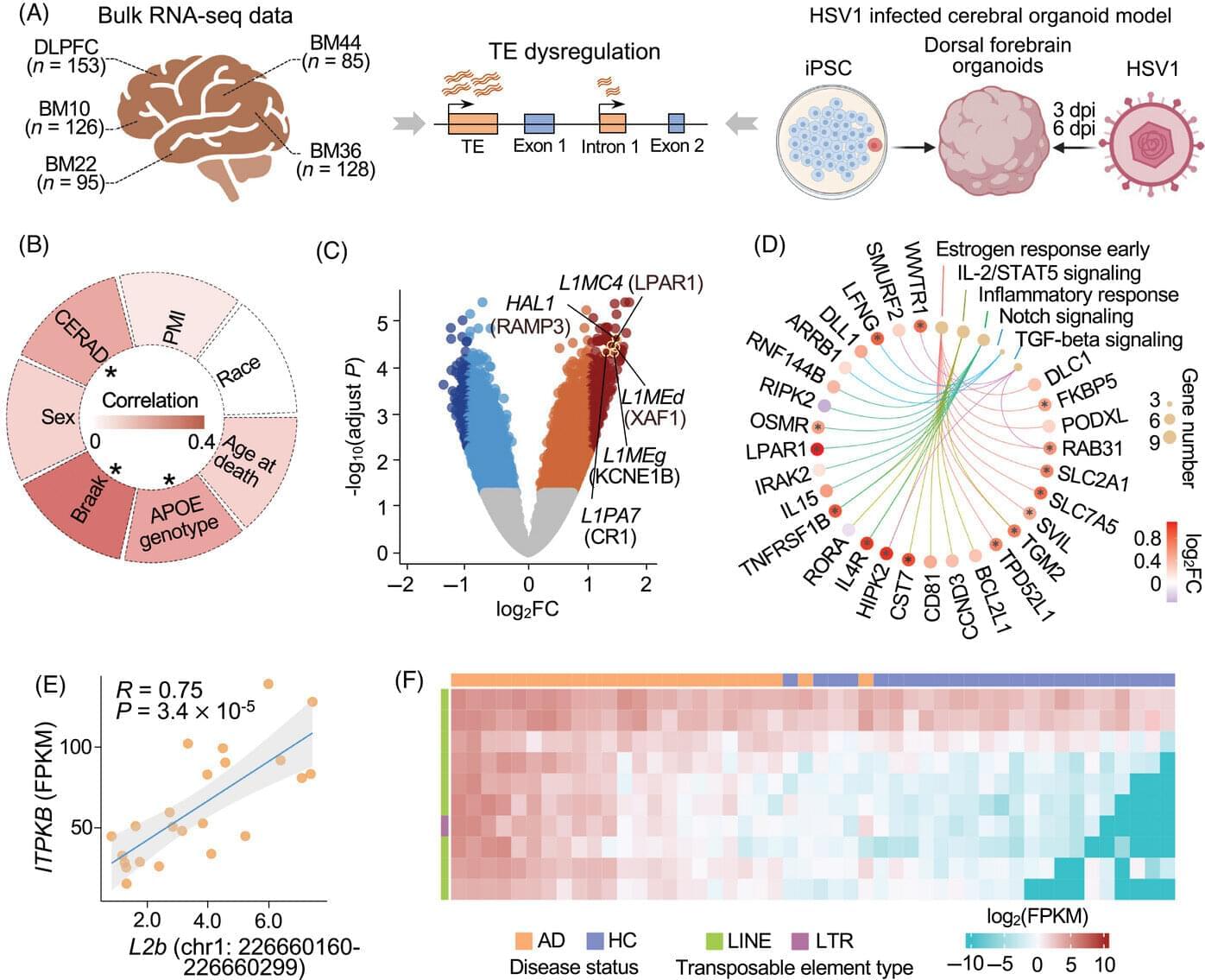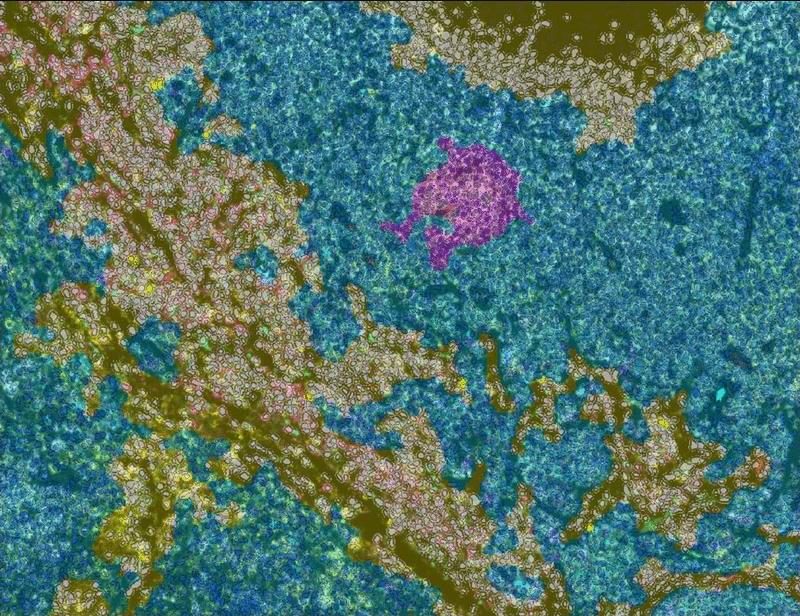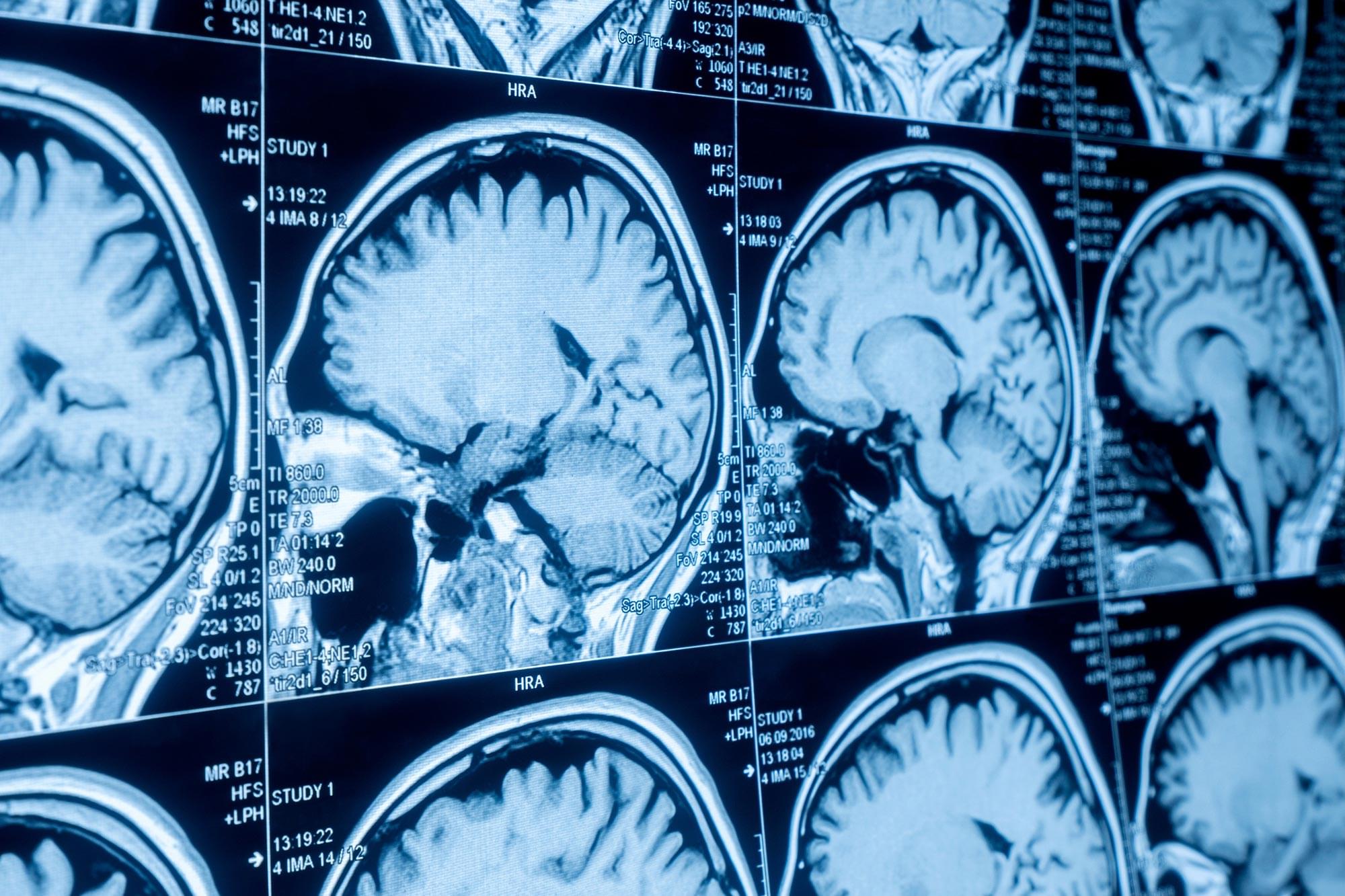
RESEARCHERS at Rice University, US have discovered a green process which can quickly and cheaply produce graphene from almost any carbon source, including coal, mixed plastic waste, biomass, and waste food. It could facilitate a reduction in the environmental impact of concrete and other building materials.
Graphene is the strongest known material. It is comprised of a single layer of carbon atoms arranged in a two-dimensional hexagonal lattice, in which one atom forms each vertex. A tiny amount of graphene can significantly enhance the properties of materials such as plastics, paints, composites, wood composites, concrete, metals, and lubricant. However, it is expensive to manufacture, so has limited industrial applications.
The process discovered at Rice employs flash Joule heating is a process where an electric current is passed through a conductor to produce heat. Using a custom reactor, the Rice researchers can produce graphene in 10 ms. The carbon source is placed between two electrodes and 200 V is applied in a short electrical pulse, heating the material to more than 3,000K (2726.9°C). Non-carbon elements sublime and the remaining carbon atoms reconstruct into carbon.









